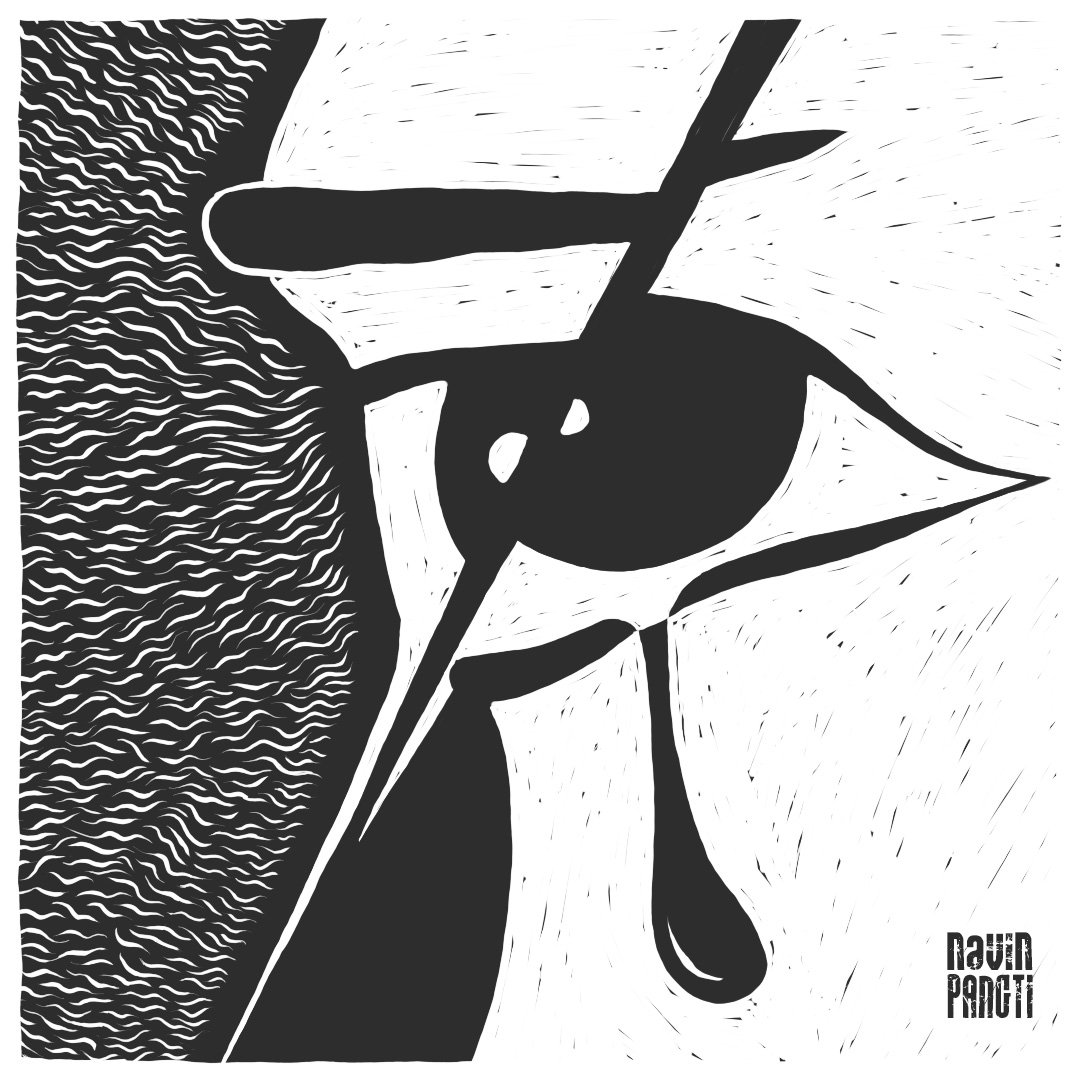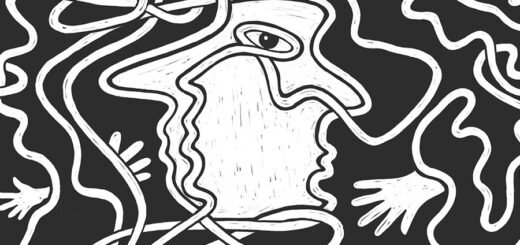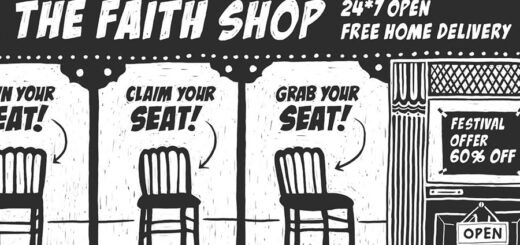Hate is ours
Whenever I think about the origin of hate politics in India, I end up concluding that it is wrong to blame any political dispensation for this mess. They do not wield that kind of power even though there is proven relationship between hate and votes.
Earlier on, I believed that after a quick date with hate, people will return to their secular folds. Sadly, that did not happen. It appears that hate is fueling more hate and that people seem to be enjoying being hateful. Is that so?
I have my doubts!

I think that we were always a hateful society and fear is that we may always remain the same. Here, the term ‘always’ does not refer to our mythological past but the remnants of our past visible in our actions of today. We have always been a classiest society. And we still are. Our caste system too is nothing but personification of our deeply embedded classiest beliefs. The religious hate mongering seems to have a relationship with conversions in the past, fueled by caste and class.
Technically, it is not easy for a hateful society to grow and flourish. In a non-globalised world, we ‘needed’ each other hence always maintained a working relationship with everyone else. The hate or dislike was deep within us but we did not allow it to surface because we wanted to optimize our lives. However, we did legitimise some of these deep rooted beliefs in the form of customs and traditions. Our ugly truths came out only when someone scratched the surface violently. Many a times this scratching too did not work as we are pretty thick skinned.
But not anymore!
As the world got connected and physical proximity became less important, we no longer ‘depended’ on our neighbors. Now our friends, relationships, goods, services… were available at the click of a button. The modern modes of engagement also helped us acquire new friends who ‘think’ like us. There was no longer a need to invest time and effort in understanding and accommodating diverse viewpoints. Technology not only enabled but also fostered our binary existence. The fear of being judged for hardline views receded, giving way to new personas that proudly and openly wore their badges of hate. There was no longer a need to scratch the surface. The raw wound was proudly displayed – as ‘wound’!
There is enough evidence to suggest that this underlying hate was always there though its open display was not considered civil. The advent of social media and other means of communication enabled interaction between loosely connected entities and the dormant feelings came out of the closet. Brazen hateful stands of various political parties and institutions further legitimized this open display of hate. With traditional social structures breaking down, we also got engulfed in a crisis of identities and self-esteem. This not only helped the dormant beliefs to come out of the closet but also flooded our collective sensibilities, almost threatening the existence of a civilized society.
While it pains to see so much of hate, I sometimes feel that this could be a blessing in disguise. Earlier, hate seemed non-existent but it was there in our actions. As hate exposes itself, it also opens up the opportunities to discuss the genesis and lifecycle of such pent-up feelings. It is indeed sad and taxing to deal with it but we had to do it someday. In a way it is good that this is happening now, when we still have time to salvage the situation. It is good that we are questioning family, friends, colleagues, gurus, leaders… The reluctance and anger will hopefully give way to dialogue as every society has to eventually find the moral basis of its existence – which exists beyond the pieces of legislation and political events.
The unique thing about hate is that there is a high likelihood of boomerang. A hateful society thrives on hate hence always needs somebody to hate. They derive energy from a notion of victimhood. They are sensitive to the notion of being at the receiving end. When done with a set of victims, such societies will always find new ones hence there is a chance that someone who brandishes a hateful sword today may become an object of hate tomorrow.
Only when people realize that hate is a perpetual cycle, they may sit down and ponder about why they are doing what they are doing. This will open up the possibilities of meaningful dialogues. That is where my hope lies, though it may cost us a lot.
Many of us may not agree that there is scope for dialogue in near future. It is hard not to believe that hate will keep growing at this pace, or maybe even faster. Though not a desirable state of affairs, it may not be such a bad proposition after all because something which cannot be fixed is better broken. And if it has to break, it is better that it breaks soon so that we can re-build something better. In advertising, aggressive marketing often leads to a steep rise in the sales but if the product is not good then the graph plunges almost at the same pace, or even faster. Same is true for hate. Hate is not a good product but is riding a marketing hype. Earlier on, its slow multi-level marketing approach ensured that it lingered on for generations. The current marketing blitzkrieg can create immense chaos but the dust has to eventually because aggressiveness, when survival is not at stake, is not a natural phenomenon. It sucks lot of energy and demand constant attention. Technically, we seem to be dealing with a collective mental health issue.
Try observing hate closely. You will find that hate needs echo chambers to resonate. It seeks constant validation. Our hope for a better future lies in this fact – the fact that even the most corrupt ones sing virtues of honesty in front of their children. I think that somewhere deep inside we value honesty, brotherhood, peace… Somewhere deep inside we loathe conflicts. Like more other animals, we are essentially a lazy peace loving species which wants to eat, sleep and make merry. That seems to be the end goal of almost all earthly pursuits. Even our spiritual pursuits are about finding peace, with ourselves and others.
Most of human engagements suggest that hate is not an intrinsic human trait. We need hate as a justification to harm or kill someone, which in turn is triggered by conflicts over resources or survival. Or power. What can be a better testimony than the fact that even the most powerful hatemongers claim that they have friends from communities and cultures which are objects of their hate. If hate was so powerful then there would not be any need to make such claims. Hateful people need reassurance. They are not solitary goal seekers. They are fearful people worried, or made worried, about exploitation. They do not have the courage to claim their legitimate rights hence find it easy to earmark targets who can be blamed. And sadly, they often do this standing alongside folks who are responsible for their plight. I think that people in crisis easily take up a role under an authority. The open display of hate and violence is nothing but manifestation of such unaddressed angst.
Another important aspect of hate is that it is closely linked to pride. The more pride one takes in one’s identity easier it is for them to hate or dislike someone else because pride is relational. Pride is mostly about being better and unique. Modern heterogeneous social systems create a deep desire amongst people to stand out in a crowd. In broken societies, coming together of ‘likeminded’ people, bound together by pride or hate, provides a false sense of identity, power and relief. Groups feel safe when they proudly display their badges of supremacy.
So, even though we are currently facing rough weather, I am pretty hopefully that eventually peace would prevail. We will need to stop blaming political parties for this environment of hate and accept it as our own doing. We need to individually pitch in and begin the process of repair because for ‘hate’ to go away we, and no one else, can do something about it!














